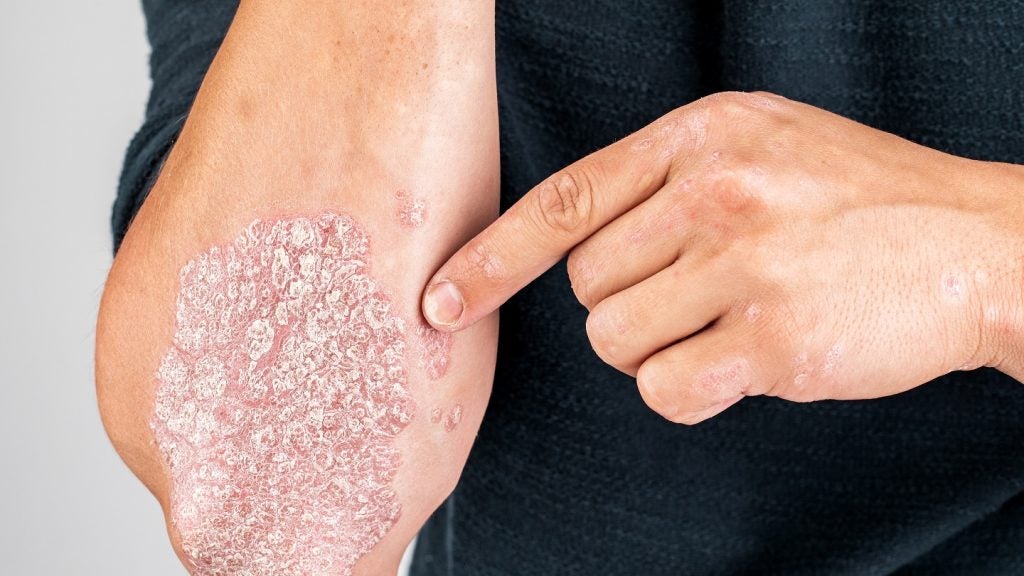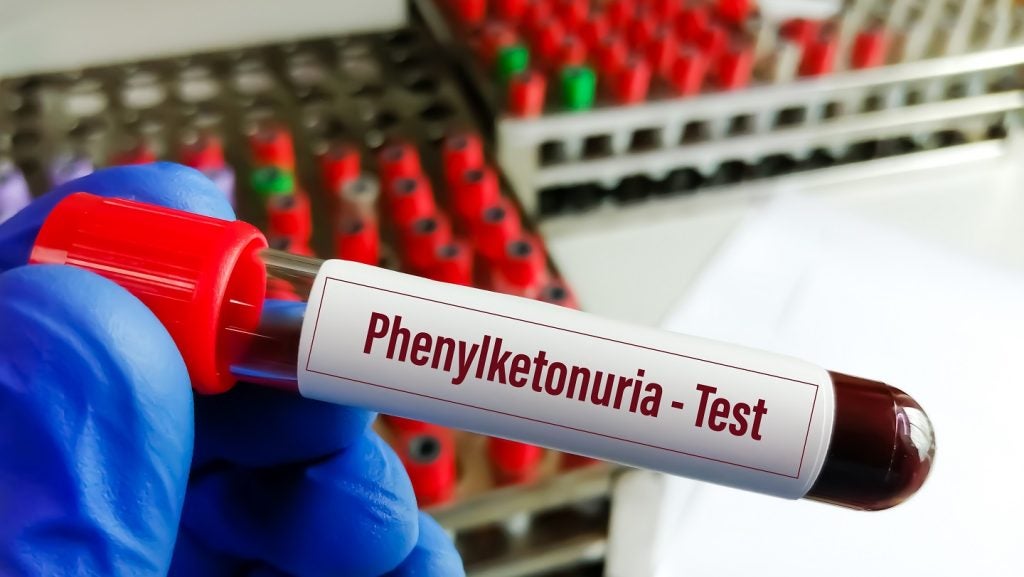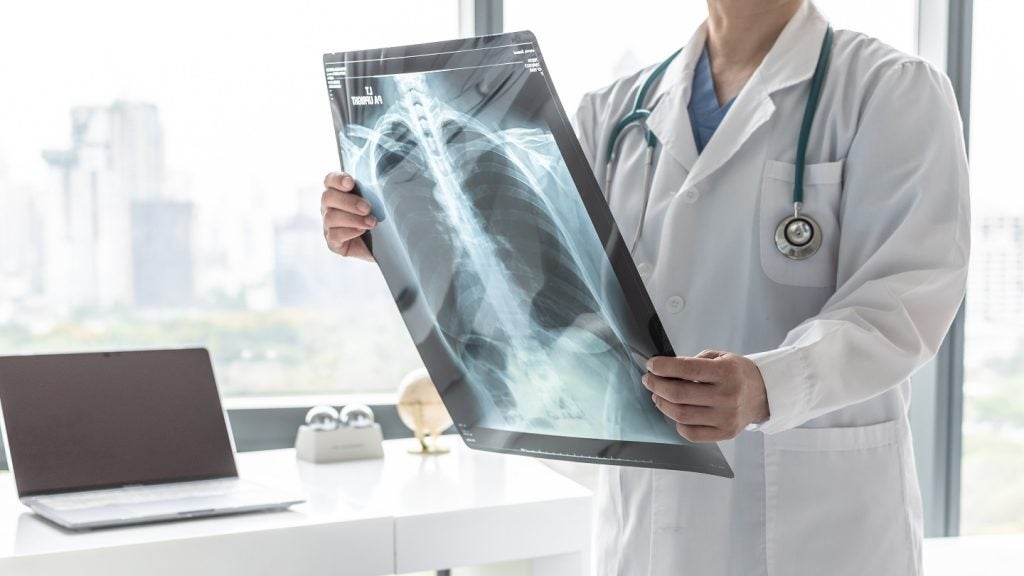Pharming Group has enrolled the first patient in its Phase III clinical trial of leniolisib to treat activated phosphoinositide 3-kinase delta syndrome (APDS), in Japan.
The open-label, single-arm study will assess the efficacy, tolerability, and safety of the phosphoinositide 3-kinase delta (PI3Kẟ) inhibitor leniolisib in adult and paediatric patients.
It will enrol three patients aged 12 years and above. Based on their weight, each patient will receive twice daily dosage of up to 70mg leniolisib for 12 weeks.
Reduction in index lymph node size and an increased proportion of naive B cells out of total B cells from baseline at 12 weeks are the primary efficacy endpoints.
The study’s secondary endpoints include an assessment of leniolisib’s ability to modify health-related quality of life, using a validated patient questionnaire.
The data from the trial will be further used to submit application for the approval of leniolisib from Japan’s Pharmaceuticals and Medical Devices Agency (PMDA).
An open-label extension trial will include eligible patients who will further receive the drug for a minimum of one year.
Pharming chief medical officer Anurag Relan said: “Building on the success of our multinational Phase II/III study of leniolisib in patients with APDS 12 years of age and older, I am pleased to confirm the initiation of our Phase III trial supporting the same population in Japan.
“By conducting this study, Pharming’s goal is to introduce an oral treatment option that has the potential to alter the course of disease for patients with APDS, a rare and progressive disease, in Japan.
“Following the FDA’s recent approval of Joenja in the US, we are working with regulatory authorities to expand access to this targeted treatment for patients across the globe through additional market authorisations.”















